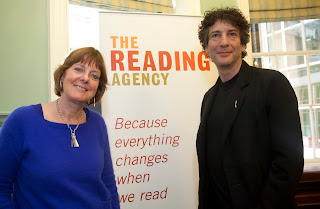Keith Richards and The Search For The Lost Chord

For someone who was in the Top Ten Rock Stars Most Likely To Die for ten straight years, Keith Richards of the Rolling Stones shows remarkable resilience, considering his rock-star lifestyle. The music magazine New Musical Express (NME) put Keith Richards (or “Keef”) on this list way back in 1973. They finally removed his name when, after ten years, the legendary Rolling Stones guitarist showed no signs of slowing down, either in his music, or in his work-hard-live-hard way of life. 1973 is forty years ago; it’s 2013, and he’s still about, and had just finished a 50 th year anniversary (!) tour with his band, The Rolling Stones—arguably the greatest rock and roll band there is today. Keith Richards may be among rock and roll’s greatest guitarists, and the undisputed King of the Guitar Riffs, but he (and the rest of his band) did not start out at the top. In his memoir Life (written in collaboration with James Fox, published 2010), Keith Richards recounts that he starte

.jpg)

